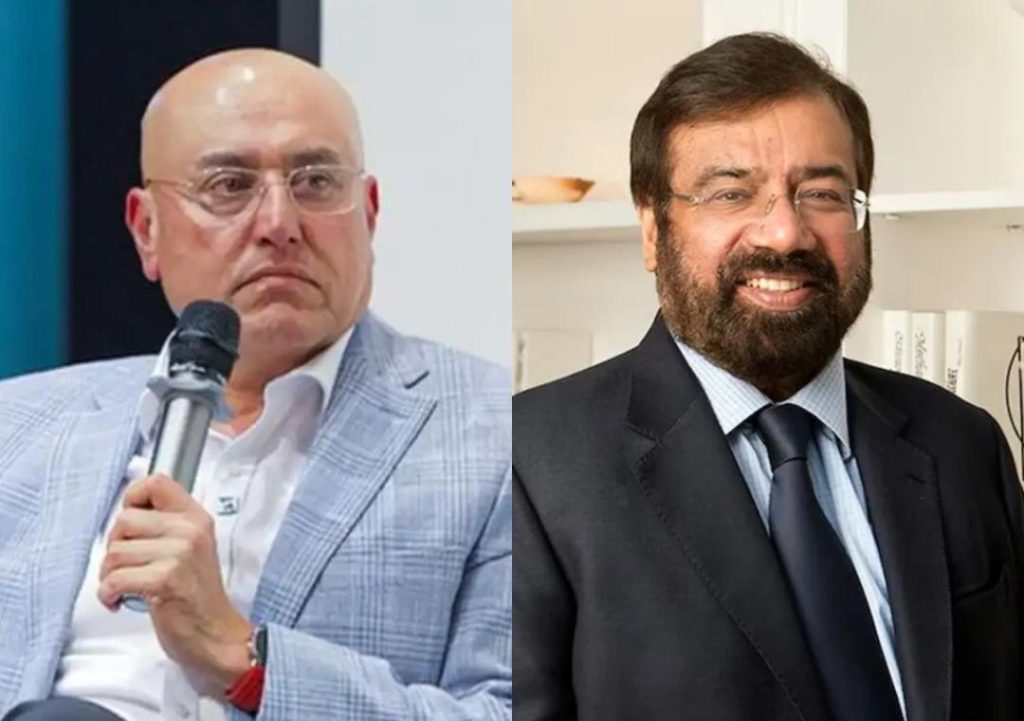
Hotmail Co-founder says ‘truth=anti-India’, Goenka replies ‘Living in US & lecturing us?’
The debate on nationalism and truth-telling in India has been a contentious issue in recent times. The latest addition to this debate is a tweet by Hotmail co-founder Sabeer Bhatia, who claimed that those who speak the truth in India are termed “anti-national”. Bhatia’s statement sparked a heated response from billionaire Harsh Goenka, who took to Twitter to express his disagreement.
Bhatia’s tweet read, “Those who speak the truth in India are termed ‘anti-national’. Then who’s a national? The one who lies to you?” The tweet was met with widespread criticism and backlash, with many users accusing Bhatia of spreading misinformation and trying to divide the nation.
Goenka, who is a well-known entrepreneur and businessman, was quick to respond to Bhatia’s tweet. He said, “Living in California and lecturing a billion Indians back home?…India doesn’t need sermons from those who packed up and left.” Goenka’s response was met with widespread support and applause, with many users praising him for standing up to Bhatia’s divisive statement.
Goenka’s response is not surprising, given his strong views on nationalism and patriotism. He has been a vocal critic of those who criticize India and its institutions, and has been known to speak his mind on various issues related to the country.
Bhatia’s statement, on the other hand, is surprising given his own experiences as an Indian entrepreneur. He co-founded Hotmail in the 1990s and was a pioneer in the field of email services. Despite his success, Bhatia has been known to be critical of the Indian government and its policies, and has often spoken out about issues related to corruption and governance.
It is worth noting that Bhatia’s statement was not the first time he has made controversial comments about India. In the past, he has been critical of the country’s politics and governance, and has often spoken out about issues related to corruption and inequality.
Despite the backlash he received, Bhatia has refused to back down from his statement. In a subsequent tweet, he said, “I’m not apologizing for telling the truth. Truth hurts, but it’s essential for a democracy like India.” Bhatia’s statement has sparked a heated debate on social media, with many users weighing in on the issue.
Some users have defended Bhatia’s statement, saying that he has a right to express his opinion and that his views are not necessarily anti- national. Others have criticized him, saying that his statement is divisive and that it is not the responsibility of entrepreneurs and business leaders to comment on political issues.
Goenka’s response, on the other hand, has been widely praised for its wit and candor. His comment about Bhatia “living in California and lecturing a billion Indians back home” is a clear reference to Bhatia’s decision to leave India and settle in the United States. Goenka’s statement is a reminder that those who are critical of India and its institutions should not be taken seriously, especially if they are not willing to take responsibility for their actions.
In conclusion, the debate sparked by Bhatia’s tweet is a reminder that the issue of nationalism and truth-telling in India is complex and multifaceted. While some may argue that Bhatia has a right to express his opinion, others may see his statement as divisive and harmful. Goenka’s response is a clear reminder that those who are critical of India and its institutions should not be taken seriously, especially if they are not willing to take responsibility for their actions.






